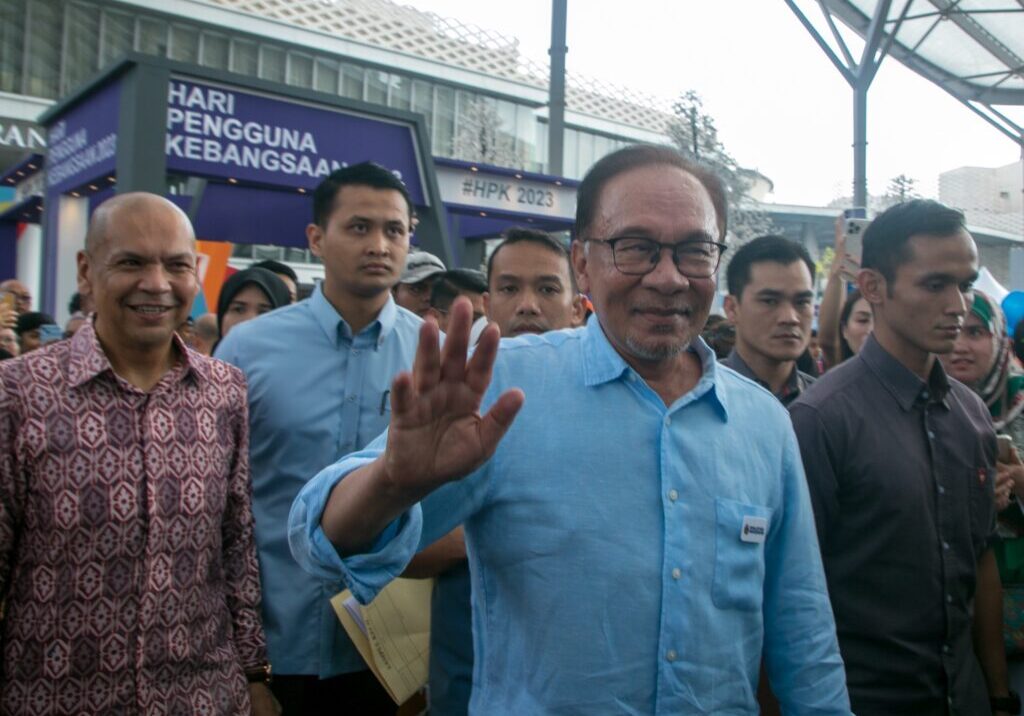Australia/Israel Review
Asia Watch: Breaking Point
Jul 8, 2015 | Michael Shannon
Michael Shannon
Hopeful signs
Notwithstanding the many doubts about the peace deal between the Philippines Government and the Moro Islamic Liberation Front (MILF), there are signs that the deal for an autonomous sub-state for Muslims in the south may yet come to fruition.
In a key test of good faith, the MILF handed over a batch of firearms as a gesture to reinforce the peace pact.
President Benigno Aquino and Al Haj Murad Ebrahim, leader of the 11,000-strong MILF, witnessed the handover of 75 assault weapons near a southern rebel stronghold, along with the identification of a first group of 145 fighters, who agreed to return to normal life with government promises of support.
The autonomy deal, signed in 2014 after several years of talks brokered by Malaysia, is hoped to be a major legacy for President Aquino, whose six-year term ends in 2016.
But it all so nearly came unstuck earlier this year after a deadly clash in which elite commando forces pursuing another rebel group stumbled into an MILF camp, setting off a hair-trigger response from both forces that left scores of commandos and rebels dead.
Aquino said at the ceremony that the first phase of decommissioning of MILF was a very big step, showing their sincerity towards building a lasting peace.
“Let’s reciprocate the trust that the rebels gave to us,” Aquino said in calling for the passage of a law governing the planned semi-autonomous state.
Breaking Point
The Barisan Nasional, the race-based coalition of political parties led by the United Malays National Organisation (UMNO) has ruled Malaysia since its inception in 1957. As the world’s longest-ruling parliamentary coalition, it has fostered a ruling elite and a way of “doing business” that is, with some understatement, resistant to change.
Even though upheaval has periodically swept through neighbouring Indonesia, the Philippines and Thailand, Malaysia’s ossified system has groaned, but held fast. Hopes for change – first raised in the ‘Reformasi’ protests of 1998, followed by unprecedented electoral gains by Opposition parties in the 2008 and 2013 elections – have not generated a political breakthrough.
On the face of it, the apparent collapse of the opposition Pakatan Rakyat (PK) coalition in May is a demoralising development for those awaiting reform, even though few were surprised.
The coalition was never more than a marriage of convenience for disparate political/ethnic constituencies, cobbled together by Anwar Ibrahim to challenge UMNO’s predominance. As such marriages go, it achieved notable success. But with Anwar again sidelined in jail, there was precious little holding the group together.
The breaking point came when the Parti Islam se-Malaysia (PAS), its conservative Islamic wing refused to give up aspirations for fundamentalist rule in Kelantan, the only state it controls.
Since the 2013 election, UMNO and particularly Prime Minister Najib Razak has courted PAS by murmuring tacit acquiescence for its plans to institute hudud (Islamic law backed by harsh medieval punishments) in an effort to break up the PK coalition.
Now PAS appears set to align itself with UMNO in the belief that they can take enough of the 60.1% of ethnic Malay votes to continue to dominate the politics of the country against the Chinese, Indians and the mainly Christian tribes in Sabah and Sarawak.
However, PM Najib’s tactical move may not save either him or his party’s dominant position.
An UMNO-PAS alliance appears likely to drive moderates and ethnic parties currently aligned with UMNO – the Malaysian Chinese Association and the Malaysian Indian Congress – to seek a different political vehicle. The remaining components of the opposition coalition, the Democratic Action Party and Anwar’s centrist Parti Keadilan Rakyat, are expected to stay together.
Then there is the grisly figure of former PM Mahathir Mohammed, the embodiment of the old system, who has long been railing against Najib for squandering UMNO’s legacy and agitating for party heavyweights to replace him.
Added to the mix are apparent moves by Najib’s own brother, high-flying businessman Nazir Razak, to form a well-funded new, nonpartisan political entity to reach out to all races and to end the divisive racial and religious politics that have poisoned the body politic.
While Nazir’s attempt is in its initial stages, it reflects the growing crisis of confidence in the stagnant political system and rising alarm over the financial scandal surrounding Najib’s pet project, the state-backed 1Malaysia Development investment fund, which appears likely to collapse amid huge losses.
If big business is finally putting the nation’s best interests ahead of the cosy payoffs and perks handed out by UMNO, then there is some hope that Malaysia’s modernising society will eventually be reflected in its politics.






